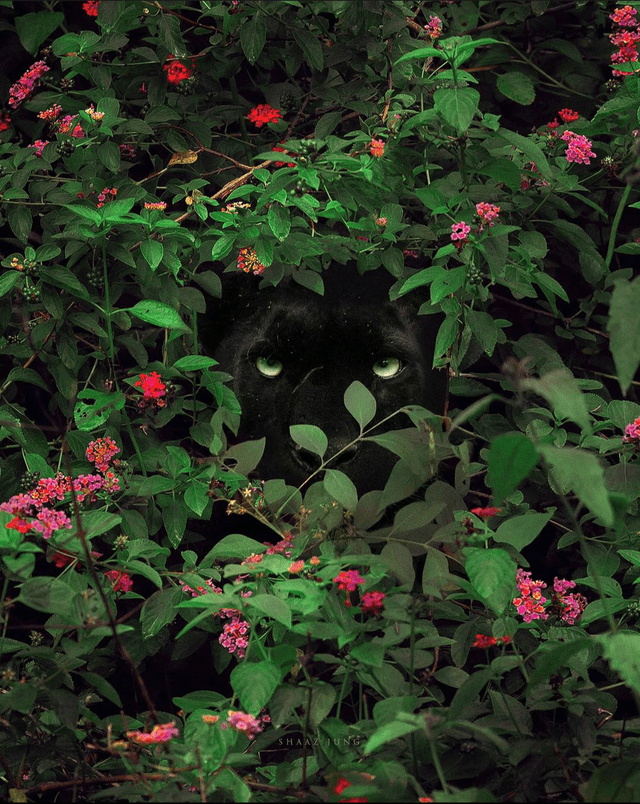When a leopard sneaks up on an antelope, it tries to blend into the landscape. Although the prey regularly scans its surroundings, hunger causes it to lower its head into the grass. This gives the predator the opportunity to move even closer. And then a little more. All the way to a devastating attack.
The ability to recognize danger where there seems to be none determines the survivability of a particular animal on the savanna. When the threat is obvious, it’s usually too late. Therefore, the peripheral eye of the antelope does not look for the leopard itself, but for a vague hint of all predators in general. The brain is able to catch an “unnatural” fluctuation of a fragment of the environment to raise its vigilance and freeze. If there are no more strange deviations, the antelope will decide, “False alarm.” Probably a mistake. The predator may have more patience to remain motionless. The animal that is more sensitive in recognizing patterns of abnormal signals here and there will pass on its genes to its offspring.
n this sense, it is easier for animals than for humans, because they fully “trust” the instinct that there is Something in the bushes. We humans put a lot of effort into stabilizing our world and making it as safe as possible. As a result, our vigilance is atrophied and our complacent minds devalue the “primitive” instinct. Until force majeure strikes. One day a cataclysm happens, knocking the ground out from under our feet. Then everyone, against his or her will, enters the first grade. In this school of life, the worldview is rebooted and trust in oneself quickly returns. More precisely, to that unknown part of yourself that sleeps half-awake and whose primary function is to protect you. Over millions of years, this tool has evolved into perfection. Why give up an important part of yourself? Instead of “either-or,” wouldn’t it be better to choose “and-and”?
Yours sincerely,
-Alexander
You can help Ukraine defend itself and the World from Russian aggression here.
As a business therapist, I help tech founders quickly solve dilemmas at the intersection of business and personality, and boost company value as a result.


